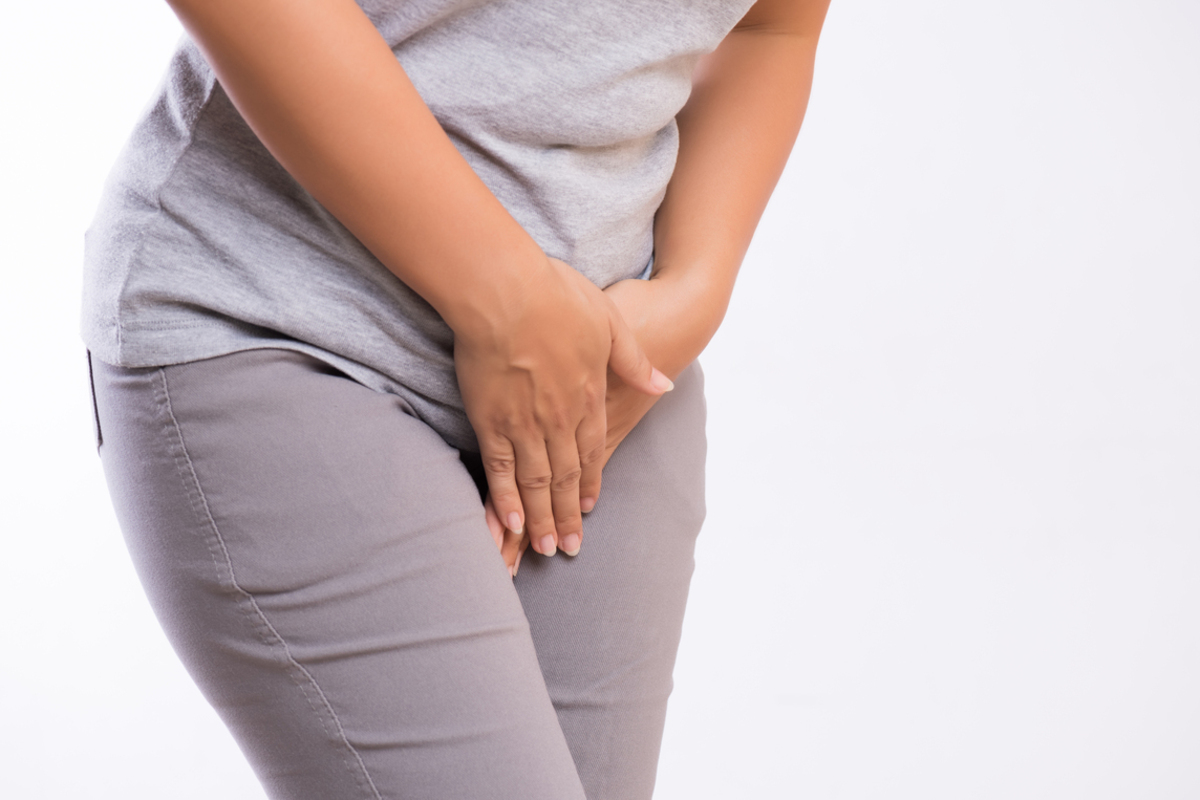Polyuria is a condition in which you urinate more than normal. Polyuria is defined as excreting 2.5 liters of urine a day or more. While everyone excretes different amounts of urine, depending on their age and gender, most people will have a daily urine volume of less than two liters.

Many people will go through periods of time during which they experience polyuria as it is a common condition. However, it generally doesn’t last longer than a few days and your urination levels should go back to normal right after. It is not uncommon for people who experience polyuria to find that they have to urinate more at night, which is a condition called nocturnal polyuria.
There are several reasons why people may experience polyuria and some of these could be warning signs of a bigger health problem. These reasons can include:
- Infection of the bladder, which is frequently seen in children and women
- Renal (kidney) failure
- Kidney stones
- Sickle cell anemia (a blood disorder)
- Urinary incontinence (involuntary urination)
- Benign prostatic hyperplasia, which is a condition in which the prostate becomes enlarged and is generally seen in men older than 50
- interstitial nephritis, which is a kidney disorder in which specific regions of the kidney become swollen
- Certain cancers
- Diabetes
Other non-health related reasons for polyuria include:
- People notice polyuria the day after they go to the hospital for a CT scan and are a given a dye in their body as their body will urinate more to get rid of the dye.
- Drinking large amounts of any liquid (polydipsia)
- Drinking alcohol
- Drinking caffeine
- Taking certain medications such as diuretics
- Being pregnant
- Diuretic medications for high blood pressure and edema such as thiazide diuretics, potassium-sparing diuretics, and loop diuretics. Polydipsia can occur as a side effect of taking these medications.
Diabetes and polyuria
One of the most common causes of polyuria is diabetes mellitus, which is commonly referred to as diabetes. Diabetes is characterized by high sugar levels in the blood. The reason why patients with diabetes develop polyuria is because the high levels of sugar in blood will accumulate in the kidney tubules, which increases the amount of liquid that is in your urine.
Another type of diabetes is known as diabetes insipidus, which isn’t associated with high blood sugar levels. The reason why patients with diabetes insipidus experience polyuria is because they are not producing enough levels of antidiuretic hormone, which is involved in the fluid absorption process of the kidneys. If there are low levels of antidiuretic hormone, then that leads to an increase in your urine volume. Another subtype of diabetes insipidus is known as nephrogenic diabetes insipidus in which your kidneys don’t appropriately control the fluid that is filtering through them and being excreted as urine.
If your doctor suspects that you have diabetes, then he or she will measure your blood glucose. If it is determined that you have diabetes, these are the treatment methods that they can recommend:
- Injections of insulin (which is the hormone that helps regulate sugar metabolism).
- Oral medications to help control diabetes
- Changes in diet to incorporate less fat and sugar consumption
- Increasing levels of physical exercise
When to seek help
Since polyuria is quite common, particularly in certain subsets of the population such as pregnant women or the elderly, when should you actually start to seek help for the condition? Doctors recommend that If you find that yourself experiencing polyuria for several days, as well as other symptoms, then you should go talk to a doctor immediately. These are the other symptoms that can accompany polyuria:
- Fever
- Back pain
- Weakness in limbs or legs
- Mental disease
- Sweating in the night
- Weight loss
- Suddenly experiencing polyuria, particularly if the patient is a child
These symptoms together with polyuria could indicate that you have a serious health condition. Thus, if you find yourself urinating more frequently than normal and you notice yourself experiencing any of the symptoms noted above, then make an appointment with your doctor as soon as possible.
So how do you relieve your polyuria?
If your polyuria is caused by an underlying health issue, then the way to treat polyuria is by treating that health issue. For example, if you have polyuria due to diabetes, your doctor will treat your diabetes and that should lead to a reduction in urination.
If your polyuria is not caused by any health issues, then you can address the problem at home. There are certain lifestyle changes you can make that can help you urinate less:
- Reduce your fluid intake. While it is necessary to drink appropriate amounts of water throughout the day to stay hydrated, you should watch for and reduce your fluid intake if you find yourself drinking too much.
- Reduce your fluid intake right before bedtime. This can help stop you from getting up at night to go pee.
- Drink less caffeine (coffee, tea, pop, etc.)
- Drink less alcohol.
- Determine whether any of your medications are causing a side effect of polyuria.
- Spira, Avrum, Manjula Gowrishankar, and Mitchell L. Halperin. "Factors contributing to the degree of polyuria in a patient with poorly controlled diabetes mellitus." American journal of kidney diseases 30.6 (1997): 829-835.
- Weiss, Jeffrey P., and Jerry G. Blaivas. "Nocturnal polyuria versus overactive bladder in nocturia." Urology 60.5 (2002): 28-32.
- Shin, Hyun-Jong, et al. "Polyuria with the concurrent manifestation of central diabetes insipidus (CDI) & Type 2 diabetes mellitus (DM)." Electrolytes & Blood Pressure 10.1 (2012): 26-30.
- Photo courtesy of SteadyHealth


Your thoughts on this